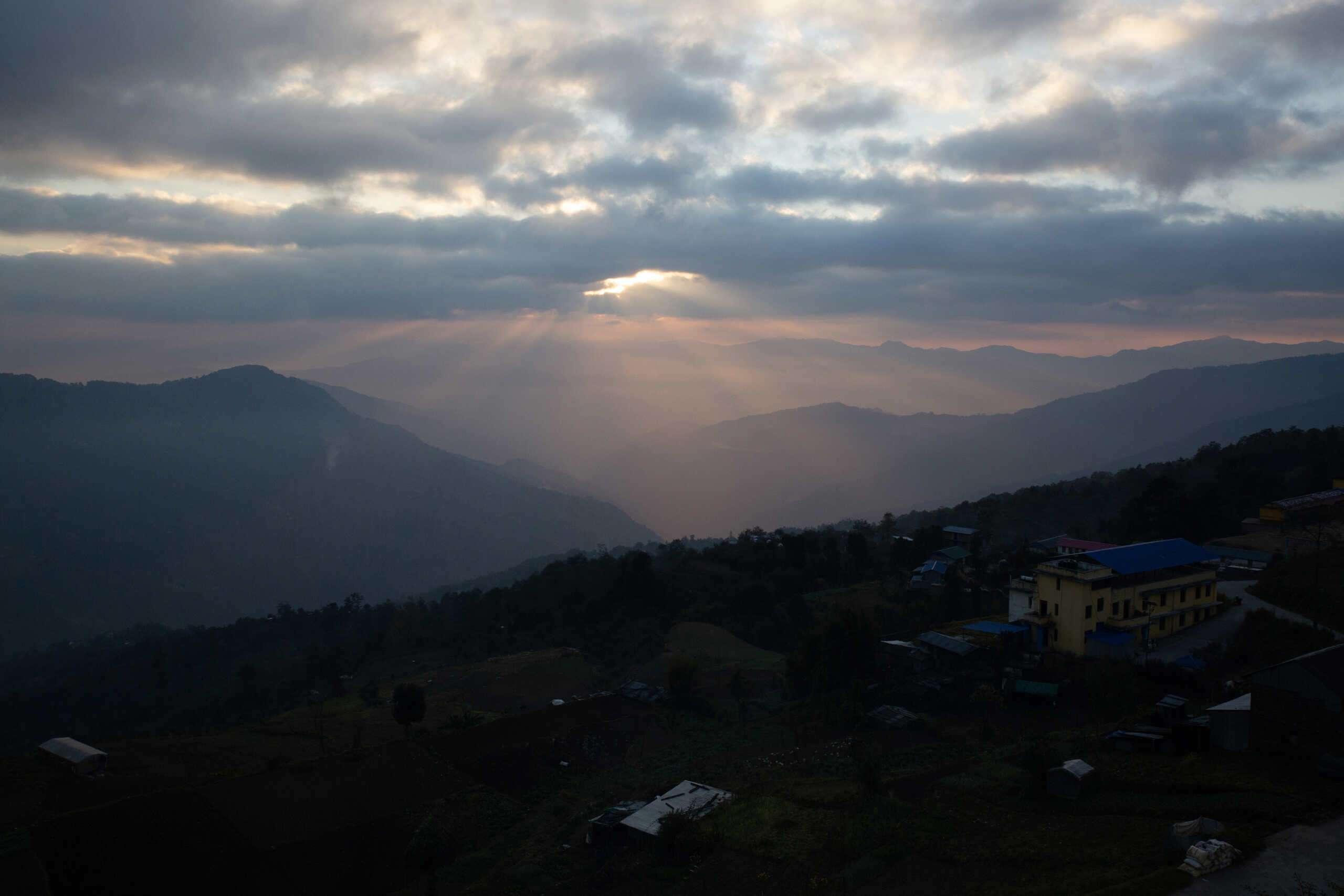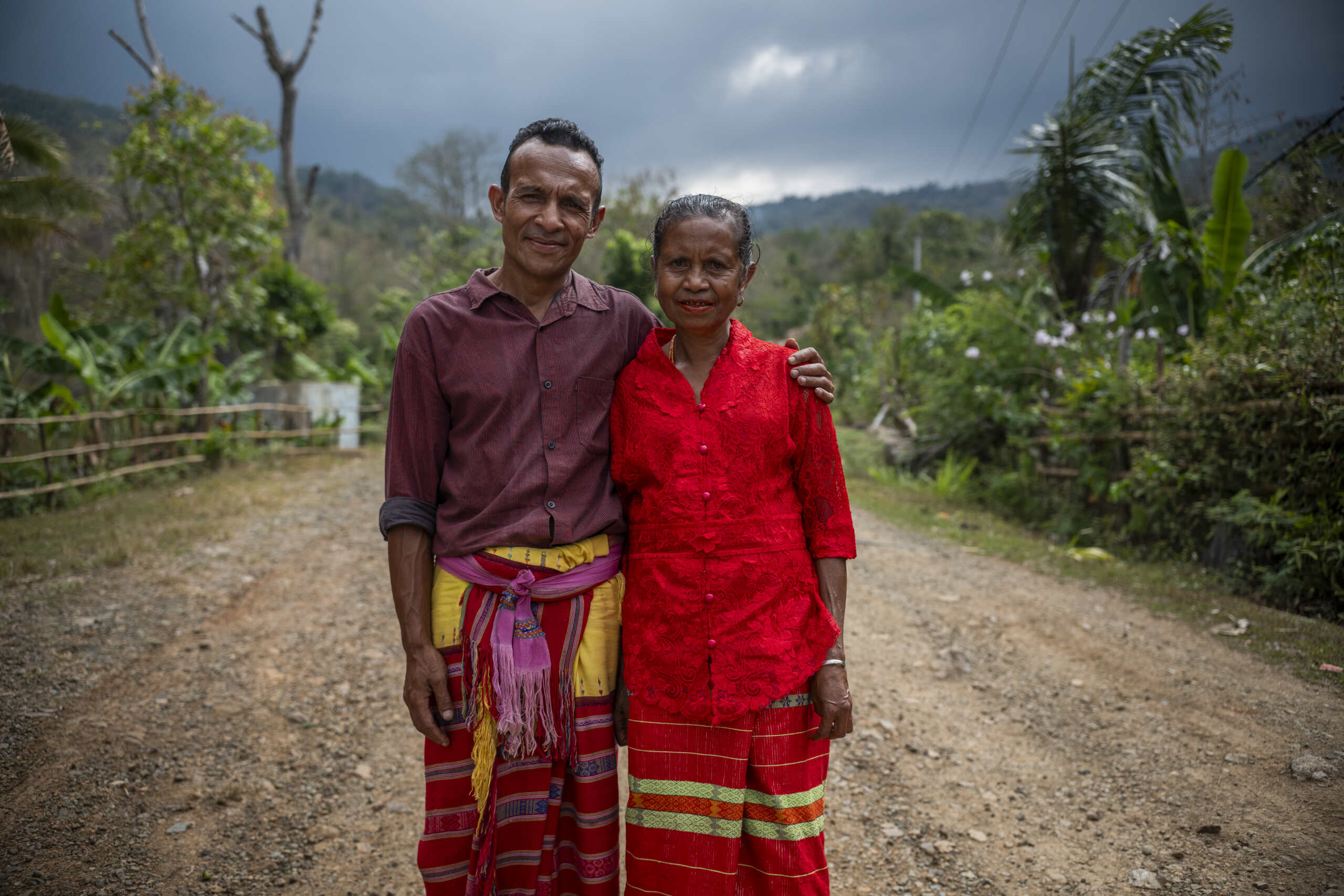Keeping disability-inclusive development on the agenda
Stories | August 10, 2022
This year, as we do every year, CBM travelled to Canberra to ensure that disability-inclusive development remains on the agenda for Australian decision makers.
‘Disability-inclusive development’ in practice looks like people with disabilities contributing to and benefiting from the development of their communities on an equal basis with others. As a Christian organisation, CBM regards this as a social justice and solidarity issue and is deeply committed to a human rights approach which is also a key underpinning development effectiveness.
We believe that people with disabilities are experts in their own experiences. This is why CBM facilitates their leadership in our advocacy activities both here in Australia and overseas. In Canberra, CBM was joined by Seta Macanawai, CEO of the Pacific Disability Forum as we talked to decision makers about the need for community based inclusive development practices and what people with disabilities in the Pacific are saying they need to ensure they are not left behind.
The Australian Government has long been seen as a leader in disability-inclusive development with successive Development for All strategies placing disability inclusion as a core component of the Australian international development and humanitarian program. The point is fast approaching when a clear decision needs to be made if Australia is to continue this leadership role or let it fall by the wayside.
This decision needs to be made for Australia to continue being a catalyst for other governments and donors around disability inclusion and to set its sights even higher and drive inclusion in meeting the aspirations of the Sustainable Development Goals.
Historically people with disabilities have been excluded (often unintentionally) from mainstream development programs and policies. Without an explicit approach to disability inclusion; without a commitment to a third Development for All strategy, there will be no sustained imperative for this to occur.
CBM envisages a third Development for All strategy that maintains the central tenet of Australia’s ground breaking efforts to date by placing people with disabilities and their representative bodies at the heart of this work, from developing to implementing and evaluating the strategies. We’re calling for a strategy that drives both DFAT and the Australian development sector to remain at the forefront of disability-inclusive development practice to ensure systemic change is embedded.
A third Development for All strategy should enable targeted, catalytic leadership by DFAT at the global level within existing mechanisms; leadership which inspires others to advance disability rights, promotes impact data collection and publication alongside change evidence that shows the effect and influence of disability-inclusive development
Now is a key moment for CBM Australia to influence the Australian development community to expand the priority they give to disability within their policies, programs and public communications. It also provides an important opportunity to deepen awareness and understanding among CBM supporters, the public and key decision-makers. Now is the time to join our voices with those of the disability movement in a collective call for justice.
For people with disabilities, the overarching pledge to ‘leave no one behind’ is more than rhetoric. It is a commitment to ensuring that, by 2030, people with disabilities will no longer experience barriers to improvements in education, employment, access to infrastructure, health, or gender equality.
It is important that in advocating alongside people with disability that we are raising their voice, not our own, in prioritising the issues that see them most marginalised and disadvantaged in society. In advocating alongside people with disability CBM helps to create spaces and opportunities for people with disabilities to speak in their own words and influence key policy making and programming spaces.
“I’ve been fortunate to be part of advocacy efforts alongside DPO leaders…their testimony and eloquence are incredibly compelling”, says Jane Edge, CBM Australia CEO.
By building DPOs’ capacity to advocate with national and donor governments, we invest in the power of people telling their story, in their own words, about real change at different levels. CBM is passionate about that and ensuring that we champion the cry of the disability movement ‘nothing about us without us’.
When the world listens to the one in five people globally who live with disability in poverty, we hear their stories of exclusion, marginalisation and disenfranchisement ringing out globally. CBM has made the right choice to ensure that we promote the voices of people with disability and call out their exclusion from the decision making process which impact upon their lives. When the world listens, we can change; CBM stands side-by-side with people with disabilities to be a catalyst for positive change.
https://www.cbm.org.au/stories/keeping-disability-inclusive-development-on-the-agenda
Related Stories

Building inclusive, climate resilient communities in Bangladesh
Highlights from DFAT Post’s visit In January 2026, representatives from the Australian High Commission in...

Week 1 – Lent series 2026
As we enter the season of Lent, we’re taking time as a community to pause, reflect, and draw closer to the heart of God. Lent invites...

How CBM is making a difference in Indonesia
For more than 45 years, CBM Global has been working alongside communities in Indonesia to ensure people with disabilities...
